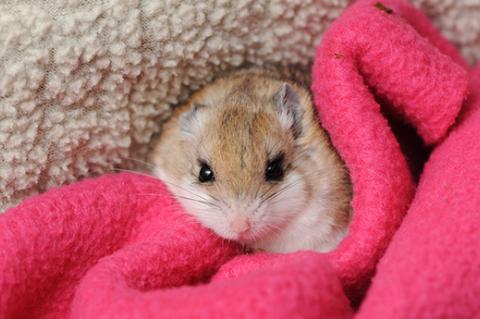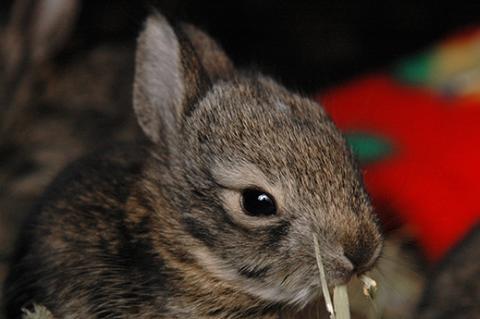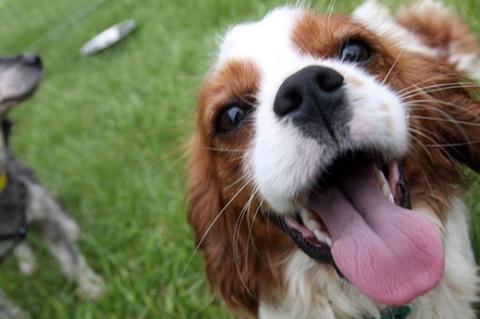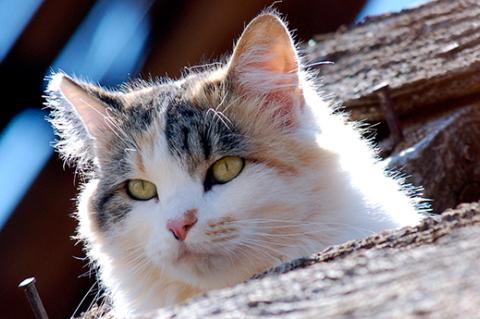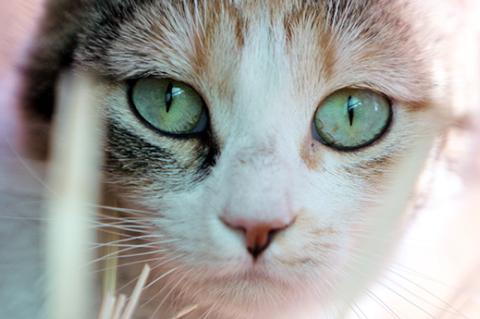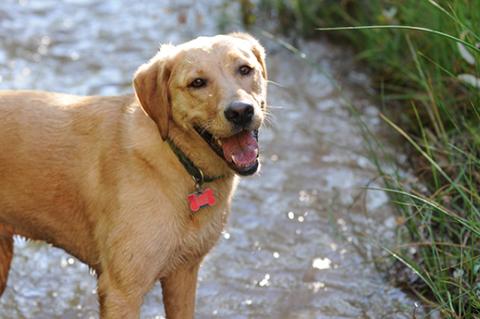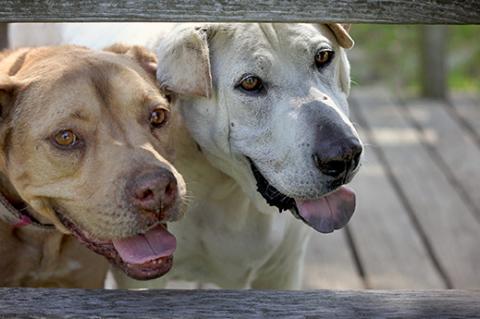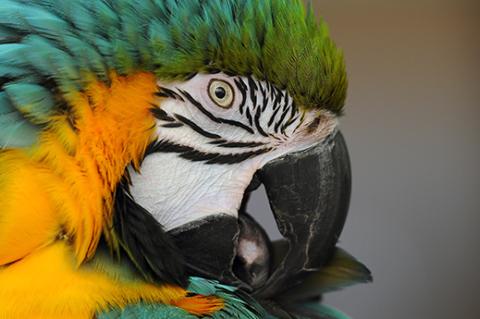Why Spay and Neuter: The Benefits for Pets
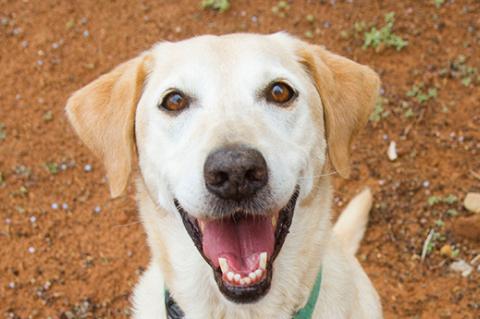
Spay and neuter — you’ve likely heard these terms before, especially if you have pets. Choosing to have your pet spayed or neutered is so important for several reasons. The procedure, performed at a veterinarian’s office or spay/neuter clinic, helps pets stay healthier and happier. And, most importantly, the choice to spay or neuter your pet helps save the lives of homeless pets. It reduces the number of accidental litters being born, and that means fewer pets entering shelters where they might be at risk of being killed.
